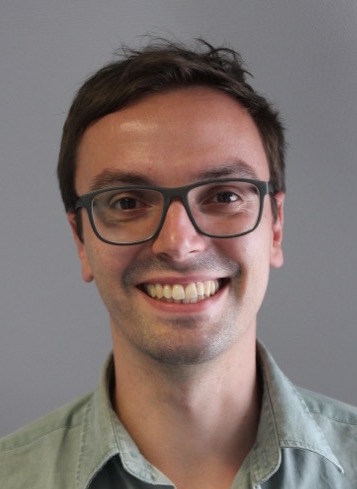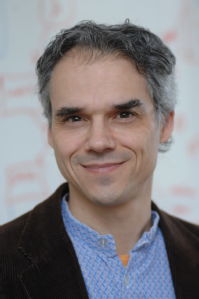We have Dr. Cristoph Korn, University Medical Center Hamburg-Eppendorf, visiting this week and giving a talk in the Social, Economic, and Decision Psychology colloquium (title and abstract follow).
How do we solve multi-step decision-making problems? Optimal and heuristic solutions
Making a decision now influences which decisions we will face next. Ideally, our decisions should thus consider the current situation as well as all possible up-coming situations. However, this requires computing the values for a vast combination of probabilistic future situations. The complexities of such multi-step computations can easily exceed our cognitive capabilities, which is why we may often resort to myopic heuristics that only rely on the situation at hand. I will present a series of studies that combine mathematical modeling with functional neuroimaging to specify how human participants trade off using optimal versus heuristic solutions. Computing this trade-off recruits parts of the medial prefrontal cortex and the striatum. Furthermore, I will delineate how these notions of multi-step decisions can be extended to social scenarios, which pose the added challenge that we have to predict how our interaction partners react to our decisions





